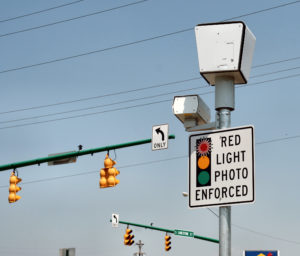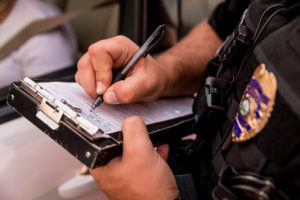The US senators in Virginia are asking for more regulations of railroad shipments of crude oil, as well as more efficient communication with local first responders this week, after a CSX train derailed last week in Lynchburg. Three oil tanker cars plunged into the James River, dumping as much as 20,000 gallons of crude oil.
Sens. Mark Warner and Tim Kaine co-authored a letter to US Transportation Sec. Anthony Foxx that stated strong concerns that DOT has not come up with better regulations in response to recommendations by several transportation safety investigators in the US and Canada earlier in 2014. They advocated stronger regulations of rail transport of oil, gas and ethanol.
The letter details the surge in railroad shipments of crude oil in North America, now up to 800,000 barrels per day. It also discusses the details of the April 30 derailment of the train that had 105 oil tanker cars of crude oil, which was on the way from the Bakken oil fields in North Dakota to Yorktown VA.
The senators wrote that they were lucky that there were no deaths or injuries, but major damage could have been done to the environment, and water quality results still are not known from the river. They were concerned that the spill could affect water supplies for Richmond.
Warner also put pressure on Foxx to have a briefing soon on transportation regulatory proposals for rail safety. He wants to learn what the department is doing to require more effective communication between railroad companies and local first responders.
The senators urged that the Transportation Department reach out to first responders in communities, including Richmond and Lynchburg, through which the oil trains pass regularly from the Midwest to Yorktown. There a transfer terminal is being built to handle up to 800 oil trains per year for storage and shipment to the East Coast.
The Lynchburg derailment also is raising questions whether a newer oil tanker car will be able to take the forces of a wreck, even at a speed under 30 mph. At least 14 of the 17 derailed cars were a newer model, and some of them did receive damage in the crash.









Comments for this article are closed.